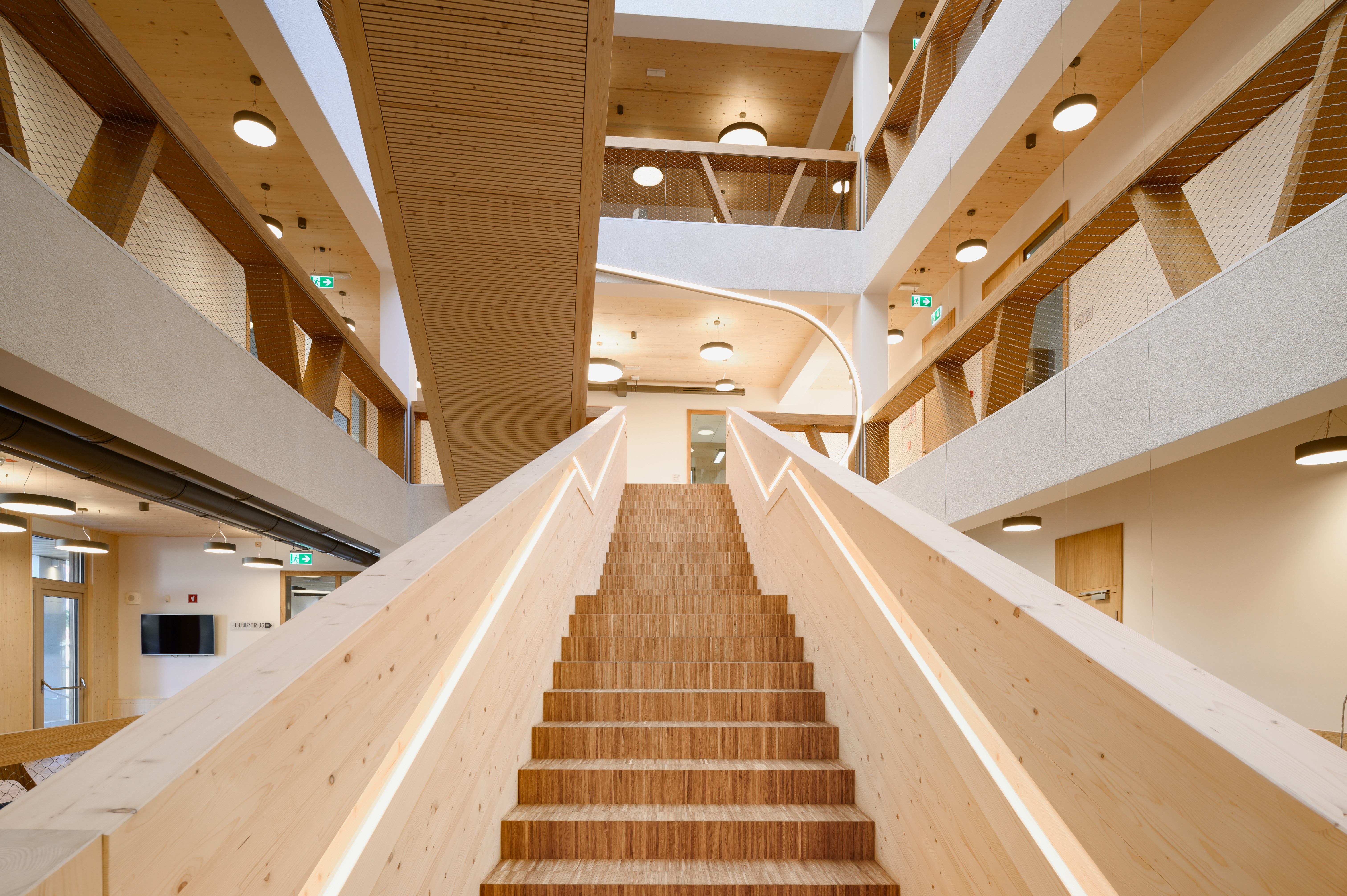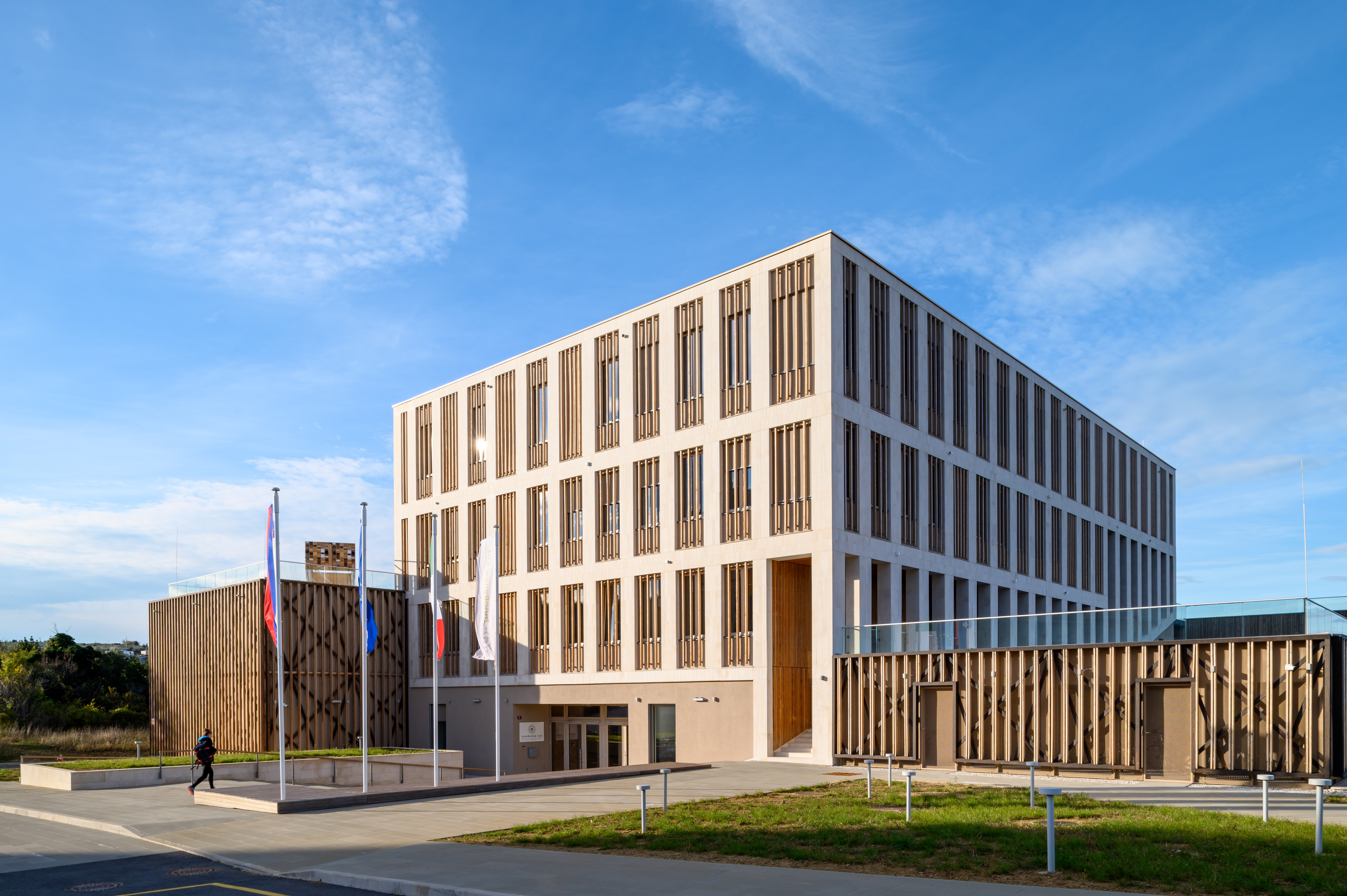
- PROJECT TITLE: Microplastics and engineered microbial consortia (EmiCoPlast)
- PROJECT CODE: J4-60078
- PROJECT TEAM: Anna Sandak, PhD (leader); Anja Černoša, PhD; Ana Gubenšek; Faksawat Poohphajai, PhD
- PERIOD: 1.1.2025 – 31.12.2027
- BUDGET: 299.988 EUR (64.612,80 for InnoRenew)
- FINANCING: ARIS
- PROJECT COORDINATOR: Biotechnical Faculty, University of Ljubljana (Slovenia)
- PARTNERS: Biotechnical Faculty, University of Ljubljana (Slovenia); InnoRenew CoE (Slovenia); EcoPast res. group at Santiago de Compostela University (Spain); Institute of Water Research at University of Granada (Spain)
Plastic pollution is one of the most pressing environmental issues of today. Despite advances in biodegradable plastics and legislative initiatives to reduce plastic waste, the production of plastic polymers has reached nearly 400 million tonnes per year and is expected to increase further. Creating a circular economy for plastics is impeded by the high prices, the wide range of plastic materials, and the mixtures of polymers and materials used to make products that cannot be easily separated and recycled. Microplastics have now been discovered in even the most remote parts of the world, bringing potential damage to ecosystems and public health that is only just being recognised. Even if we stopped producing plastic today, the aftereffects of improper disposal in the past will continue for many generations to come. Research into the biodegradation of plastics is increasing, but remains largely limited to highly controlled conditions, investigating single microbial strains or even enzymes on a single polymer. Such conditions, however, rarely exist in the processing of real-life waste. Moreover, a single microorganism or enzyme likely cannot have the necessary properties to degrade all the different types of plastics. Biodegradation of plastics requires versatile, robust and adaptable processes if it is to be logistically and economically feasible on a large scale. This is most likely to be achieved by a consortium of microorganisms adapted to biodegrade a mixture of different polymers and other additives found in plastic waste.
In this project, the biodegradation performance of complex and defined enriched microbial consortia will be evaluated under controlled conditions on both pure plastic polymers as well as on mock plastic waste. The results will help to exploit the metabolic synergies of microorganisms for the development of efficient and cost-effective strategies for the biodegradation of plastic waste.



